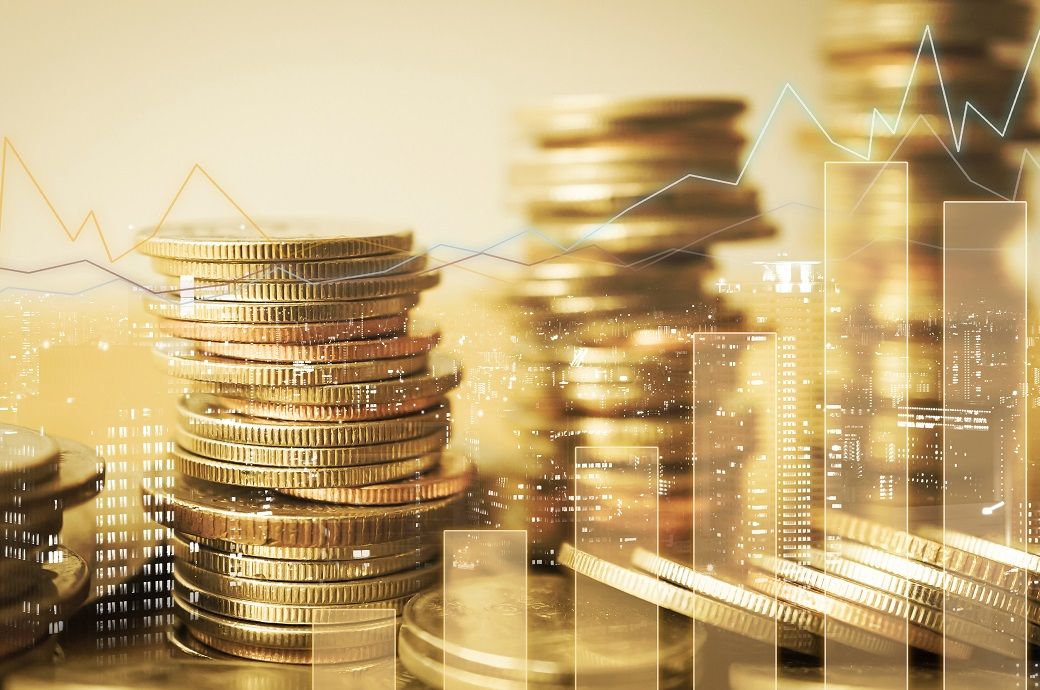
Monetary policy tightening by central banks globally and in the region, the protracted Russian invasion of Ukraine, and recurring lockdowns in the People’s Republic of China (PRC) are slowing down developing Asia’s recovery from the COVID-19 pandemic. Restrictions under the 'zero-COVID' approach, along with a struggling property market, have led to another downgrade of the PRC’s growth outlook, ADB said in a regular supplement to the Asian Development Outlook (ADO) 2022.
ADB lowered its forecast for inflation in developing Asia and the Pacific this year to 4.4 per cent from 4.5 per cent. However, the bank raised its projection for next year to 4.2 per cent from 4 per cent, due to lingering inflationary pressures from energy.
Gross domestic product growth projections for India were maintained at 7 per cent this fiscal and 7.2 per cent next fiscal. The PRC’s economy is forecast to expand by 3 per cent this year, compared with a previous projection of 3.3 per cent. The forecast for next year was cut to 4.3 per cent from 4.5 per cent, due to the global slowdown.
Even with the downgraded forecasts, developing Asia will still do better than other regions globally, both in terms of growth and inflation. ADB’s growth forecast for Southeast Asia this year was raised to 5.5 per cent from 5.1 per cent, amid robust consumption and tourism recovery in Malaysia, the Philippines, Thailand, and Vietnam. Projections for next year, however, were lowered to 4.7 per cent from 5 per cent due to weakening global demand. The growth forecast for the Caucasus and Central Asia this year was upgraded to 4.8 per cent from 3.9 per cent, while the projection for the Pacific was raised to 5.3 per cent from 4.7 per cent, due to a strong tourism recovery in Fiji.
“Asia and the Pacific will continue to recover, but worsening global conditions mean that the region’s momentum is losing some steam as we head into the new year,” said ADB chief economist Albert Park. “Governments will need to work together more closely to overcome the lingering challenges of COVID-19, combat the effects of high food and energy prices—especially on the poor and vulnerable—and ensure a sustainable, inclusive economic recovery.”
ALCHEMPro News Desk (DP)
Receive daily prices and market insights straight to your inbox. Subscribe to AlchemPro Weekly!